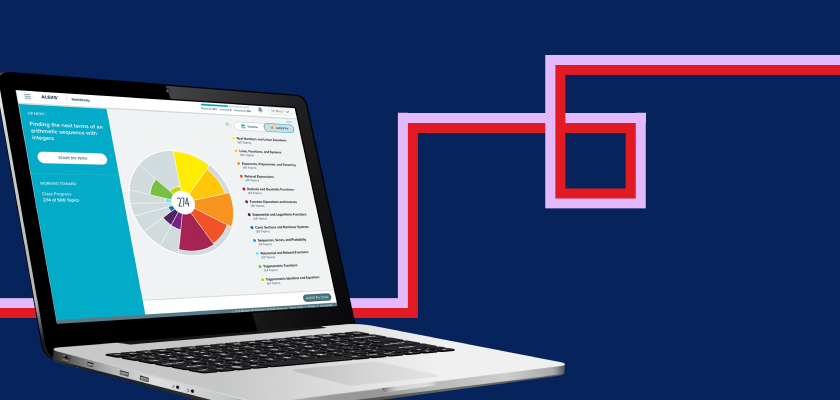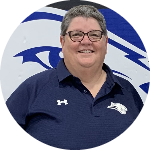ALEKS and Equity in the Classroom
If we want to provide students with an equitable experience, getting what they need, meeting them where they are, ALEKS can be an excellent tool to accomplish this.
Imagine three plants, a cactus, an impatiens plant, and a water lily. If we were to treat them equally, giving all three the same soil, light, water, and nutrients, we might not get a group of successful, thriving plants. For example, if we give all three the preferred amount of water for the cactus, we’ll have dead impatiens and water lilies. If we hydrate to the needs of the water lovers, we’ll have root rot in the cactus. In order for the three to thrive, they each need the right soil, sun, water, and nutrients for their needs. Not too much or too little, just the right amount.
Students are no different. They do not come to us with the same backgrounds, fluency in prerequisites, enthusiasm for the subject, and time to commit to the course (among other differences). We ultimately need to treat students equally in our assessment that they have met our course student learning outcomes. The outcomes are the same for everyone. How we get there is where the equity issue comes in. If we want to provide students with an equitable experience, getting what they need, and meeting them where they are, ALEKS can be an excellent tool to accomplish this.
ALEKS Initial Knowledge Check
With ALEKS the Initial Knowledge Check (IKC) gets a snapshot of what the student shows knowledge of at that moment. A learning path is developed that considers what students already show they have learned, what they are ready to learn, and what they eventually need to learn but are not ready for yet. Their path will only put things they are ready to learn in front of them. The system is efficient because there is no busy work, spending time on tasks already learned and no frustration trying topics the student is not ready for. ALEKS is especially useful for prerequisite review, shedding content that the student is fluent with, focusing on the topics with dust and rust, and eventually filling gaps and holes.
ALEKS and Equity in the Classroom
Having ALEKS as one of the activities in a class can be an important part of providing an equitable experience. Sure, some things in class must be deployed equally, students taking the same exams, end-of-section exercises, or projects that everyone does, but to have a piece of the course meeting students where they are and providing an individualized experience can be very powerful.
They say that a rising tide raises all boats. We’d like to think that our teaching is like that tide, lifting all of our students. While it may be true that the tide raises the boats, not all boats are the same. Some students are in the educational equivalent of a yacht, some in a row boat, and some clinging onto a life raft. The experience of these different students will vary tremendously within the same course. ALEKS can function like a life vest that truly fits. Individualized. Not too big or too small, just right.

